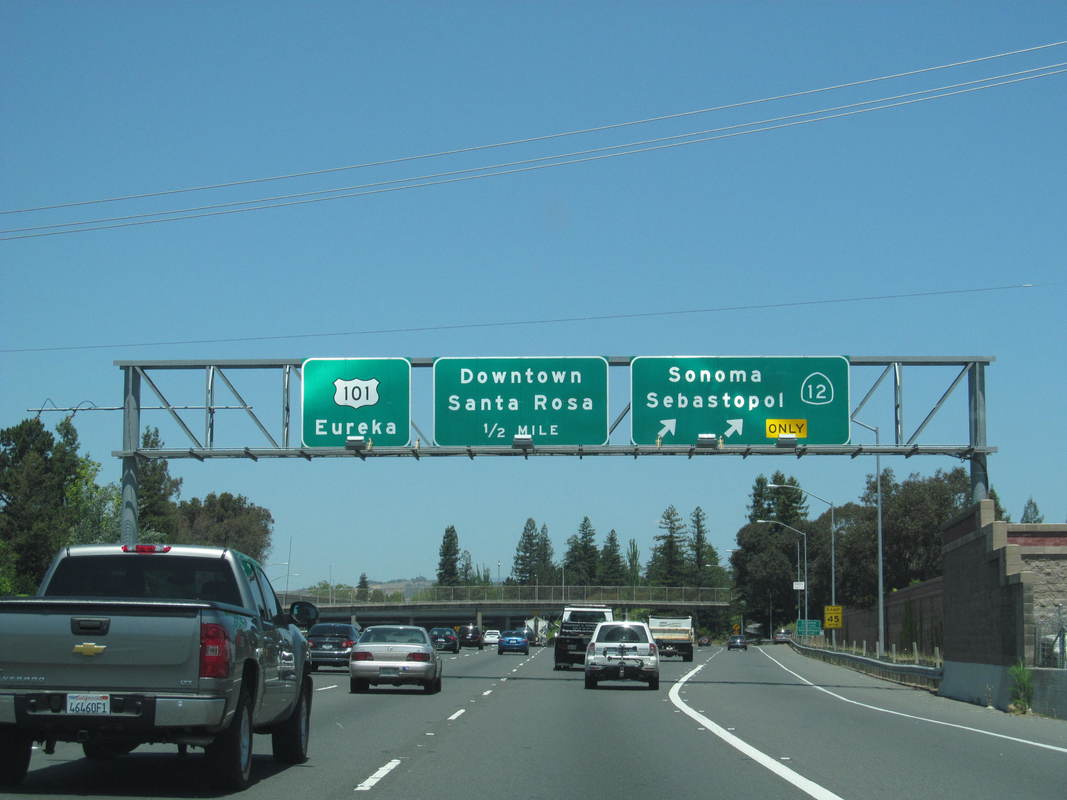|
Let’s say you’re a passenger in your friend’s car when your friend gets pulled over for speeding. Assuming the police have no reason to believeyou’vedone anything illegal, can the officer demand youridentification? Nope!
In United States v. Landeros[1], the court heard the case of a defendant who was told he was required to give the officer his ID under circumstances similar to those above. In that particular case, the officer felt his demand was justified as he felt it was “standard for (law enforcement) to identify everybody in the vehicle.” When the defendant refused twice, the officer called in backup, told the passenger he was not being “compliant,” and ordered the passenger to get out of the car. After his exit from the car, unfortunately, the police found evidence which led them to believe that the passenger had, indeed, violated the law. The 9thCircuit heard the case, and began its analysis stating the well-settled rule that “[a]n officer . . . may conduct certain unrelated checks during an otherwise lawful traffic stop. But . . . he may not do so in a way that prolongs the stop, absent the reasonable suspicion ordinarily demanded to justify detaining an individual.”[2]An officer canask about other unrelated criminal activity during the traffic stop, but should confine these unrelated inquiries to within the time it takes to accomplish their original task: addressing the potential traffic violation and whether the driver is licensed and insurance, whether the vehicle is properly registered. Anything the officer does that exceeds the time it would have taken to accomplish those tasks is likely to be held to be illegal. And as we have discussed hon this blog before, any evidence unearthed during an “unlawfully prolonged traffic stop” is subject to suppression. The court, therefore, determined that the officer was NOT acting within the confines of the law when he extended the traffic stop by asking for the passenger’s ID, and even went so far as to state that the passenger’s refusal did NOT “provide[]reasonable suspicion of the additional offenses of failure to provide identification and failure to comply with law enforcement orders,” (which is a violation of Arizona law, where this case took place.) To be clear, a person is not required to identify him- or herself to law enforcement unless law enforcement has a reasonable suspicion the person is involved in criminal activity.[3] [1](9th Cir. Jan. 11, 2019) 913 F.3rd862 [2]Rodriguez v. United States (2015) [135 S.Ct.1609] [3]See Kolender v. Lawson (1983) 461 U.S. 352. 12/22/2019 09:06:19 pm
It was great to be on your webpage, I have achieved lots of information from your post. I am surprised by the thoughts of the author because he is helping people to stay up to date by uploading the latest news and incidents which are happening in the world. Comments are closed.
|
AuthorDevina strives to make information relevant to the lives of her clients easily accessible. Archives
July 2024
Categories
All
|
Proudly serving Sonoma, Marin, Napa, Mendocino and Lake Counties (and occasionally venturing as far as Yolo, Santa Clara and San Mateo Counties).
Proudly powered by Weebly
This website is for informational purposes only and does not provide legal advice. Do not act or refrain from acting based on anything you read on this site. Using this site or communicating with the Law Office of Devina Douglas through this site does not form an attorney/client relationship. This site is legal advertising. Please review the full disclaimer for more information. (LINK TO FULL DISCLAIMER PAGE)

 RSS Feed
RSS Feed




